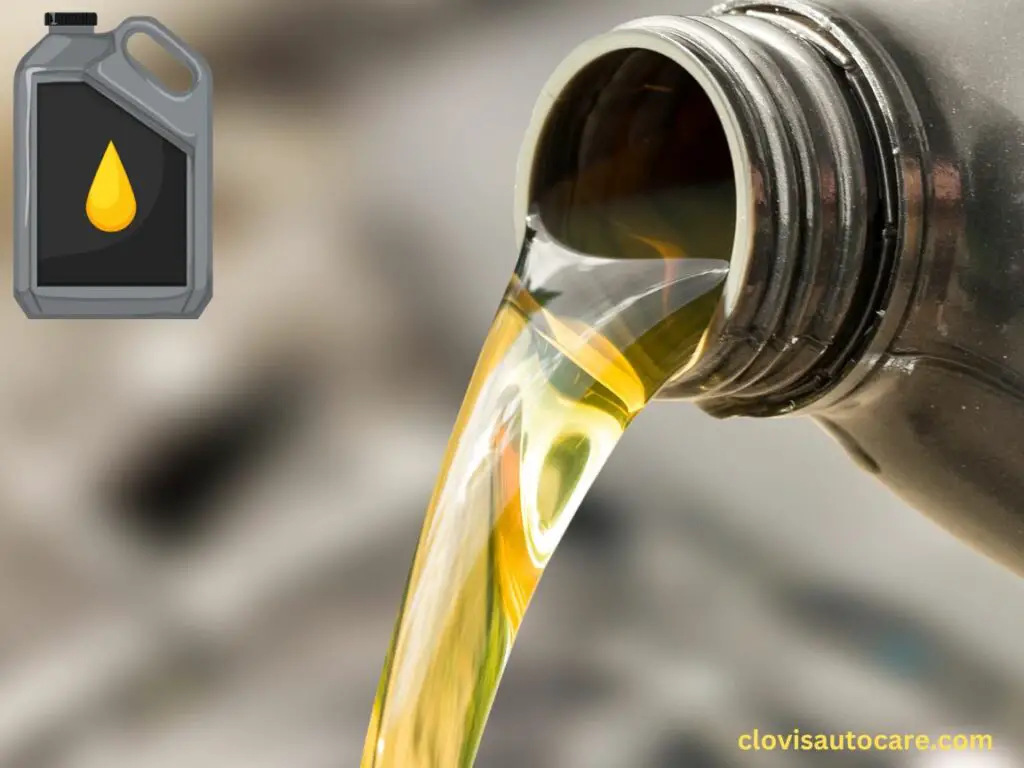
Regular engine maintenance is critical to keeping your vehicle running smoothly, improving fuel efficiency, and avoiding costly repairs.
Neglecting your engine can lead to decreased performance, unexpected breakdowns, and reduced vehicle lifespan.
With this comprehensive engine maintenance checklist, you’ll have all the tools you need to keep your engine in peak condition.
Contents
What is an engine maintenance checklist?
An engine maintenance checklist is a comprehensive guide designed to help vehicle owners and mechanics systematically inspect, service, and maintain the engine’s essential components.
This checklist focuses specifically on tasks that ensure the engine operates efficiently, remains reliable, and avoids costly breakdowns.
It typically includes activities such as checking engine oil, inspecting belts and hoses, monitoring coolant levels, cleaning throttle actuators and fuel injectors, and replacing spark plugs.
Why Engine Maintenance Matters
Your car’s engine is its heart, and regular maintenance ensures it stays healthy. Here’s why engine care is crucial:
- Prevents costly repairs: Identifying minor issues early saves money.
- Improves fuel efficiency: A well-maintained engine burns fuel more efficiently.
- Reduces emissions: Proper care minimizes harmful pollutants.
- Extends engine lifespan: Regular checks help your engine last longer.
- Ensures reliability: Avoid breakdowns and unexpected repairs.
Printable Engine Maintenance Checklist
Stay organized with our Engine Maintenance Checklist (PDF).
Download and use it as a step-by-step guide for your engine care routine.
Paste it somewhere in the engine bay for everyone to know and remember what your car routine is and learn from it.
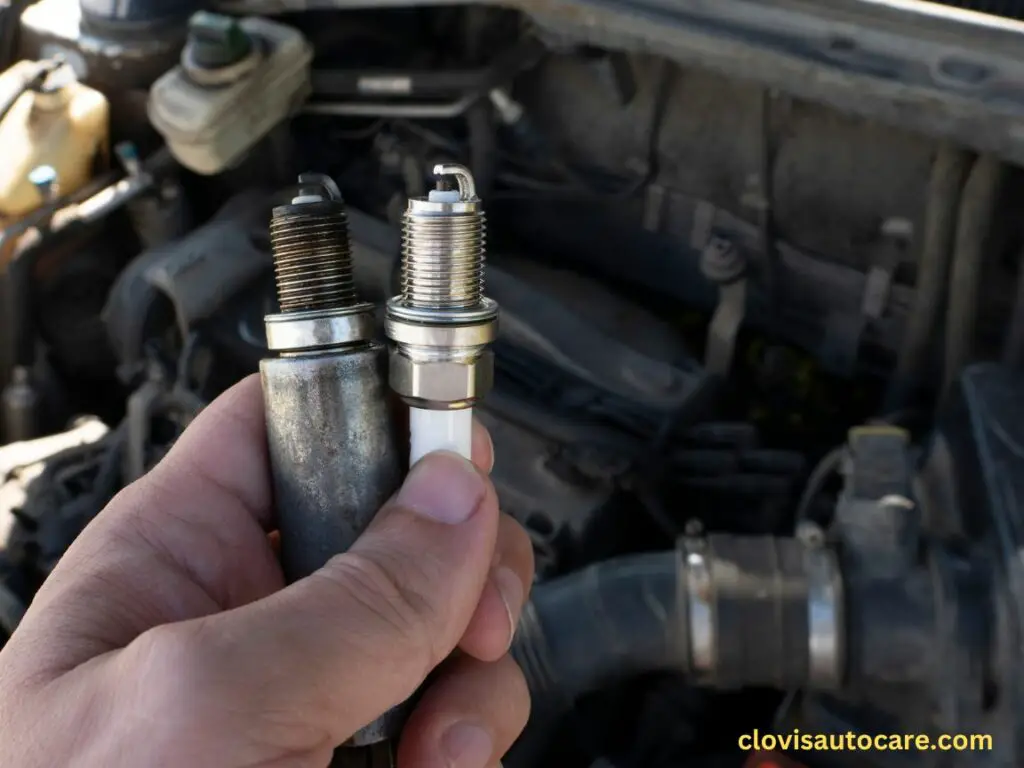
Essential Engine Maintenance Tasks
follow the below checklist and watch how fast you improve your maintenance culture
1. Check and Replace Engine Oil
- Why it’s important: Engine oil lubricates moving parts, prevents overheating, and reduces wear.
- How to check: Use the dipstick to monitor oil levels. Top up if needed.
- When to replace: Change oil every 5,000 to 7,500 miles or as recommended by your car’s manufacturer.
2. Inspect and Replace Air Filters
- Why it’s important: Clogged air filters reduce airflow to the engine, lowering efficiency.
- Signs of wear: reduced acceleration or dark, dirty filters.
- When to replace: Check every 12,000 miles or annually.
3. Monitor Coolant Levels
- Why it’s important: Coolant prevents the engine from overheating.
- How to check: Ensure the coolant reservoir is filled to the recommended level.
- When to replace: Flush and refill coolant every 30,000 miles or per your manual.
4. Inspect and Maintain Belts and Hoses
- Why it’s important: Worn belts and hoses can cause engine failure.
- What to look for: cracks, fraying, or loose connections.
- When to replace: Check every 10,000 miles and replace if damaged.
5. Spark Plug Maintenance
- Why it’s important: Worn spark plugs reduce engine efficiency and cause misfires.
- How to check: Inspect for wear or deposits.
- When to replace: Every 20,000 to 40,000 miles, depending on your car.
6. Clean Throttle Actuators and Fuel Injectors
- Why it’s important: Dirty throttle actuators and clogged fuel injectors affect engine performance.
- How to clean: Use a throttle body cleaner for actuators and fuel injector cleaner additives.
- When to clean: Every 15,000 to 30,000 miles or if you notice sluggish performance.
7. Wash the Engine and Engine Bay
- Why it’s important: A clean engine reduces the risk of debris-related issues and makes inspections easier.
- Story from the garage: As auto repair engineers, we always appreciate working on a clean car.
Dirt and grime can hide leaks or worn components, complicating diagnostics.
Keeping your engine bay clean not only improves maintenance but also shows pride in ownership. - How to clean: Use a degreaser, avoid sensitive electrical components, and rinse gently with water.
Preventive Maintenance Tips
- Use high-quality fuel to keep your engine clean.
- Regularly clean or replace fuel injectors for optimal performance.
- Check for oil or coolant leaks and fix them immediately.
- Pay attention to unusual engine noises and address them promptly.
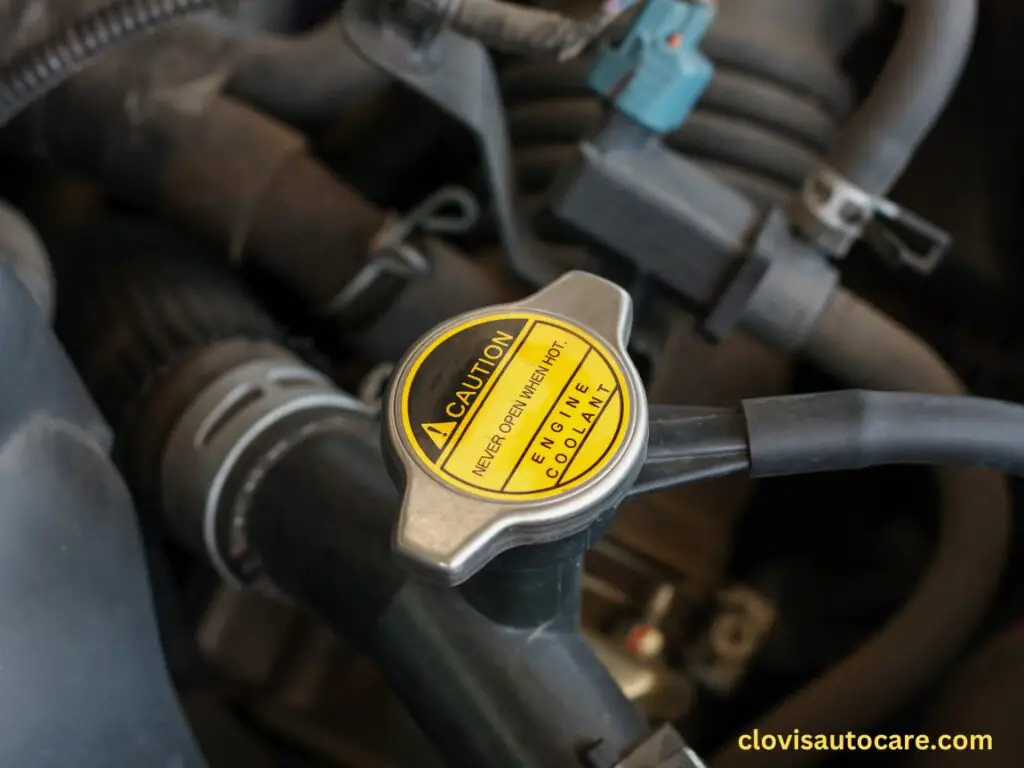
Updates for Modern Vehicles: Hybrids and EVs
With advancements in vehicle technology, engine care is evolving.
Here’s how:
- Hybrids: Monitor both the internal combustion engine and battery system. Regularly check the hybrid cooling system.
- Electric Vehicles (EVs): Focus on cooling systems for electric motors and ensure software updates are installed.
- Trends: More engines now use synthetic oils, which last longer and perform better under extreme conditions.
Warning Signs of Engine Trouble
Don’t ignore these red flags:
- Check engine light is on.
- Unusual engine noises or vibrations.
- Reduced fuel efficiency.
- Smoke or burning smells from the exhaust.
- Persistent leaks under the car.
Engine Maintenance Checklist (Printable)
| Task | Frequency |
|---|---|
| Check engine oil levels | Weekly |
| Inspect air filter | Every 12,000 miles |
| Monitor coolant levels | Monthly |
| Inspect belts and hoses | Every 10,000 miles |
| Replace spark plugs | Every 20,000 miles |
| Clean battery terminals | Every 6 months |
| Check for engine leaks | Monthly |
| Clean throttle actuators | Every 15,000 miles |
| Clean fuel injectors | Every 15,000 miles |
| Wash engine and engine bay | Every 6 months |
Download the Engine Maintenance Checklist (PDF) for your convenience.
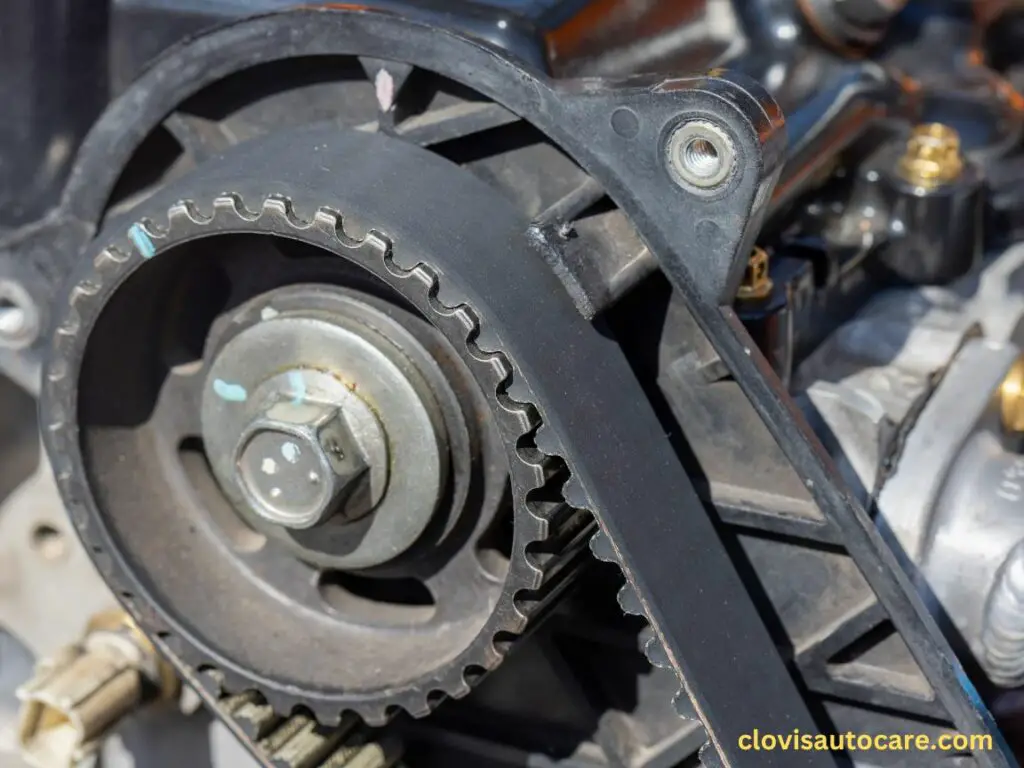
Conclusion
Your engine is the powerhouse of your vehicle, and regular maintenance ensures it performs at its best.
Start with small tasks like checking oil levels or inspecting belts and build a routine around this comprehensive checklist.
Download our printable checklist to simplify your engine care and drive with confidence.
FAQs
1. How often should I check my engine oil?
Weekly or before long trips.
2. Can I perform engine maintenance myself?
Yes, basic tasks like checking oil, coolant, and air filters are DIY-friendly. For complex issues, consult a mechanic.
3. What are some signs that my engine needs attention?
Common signs that indicate your engine needs attention include strange noises or vibrations, decreased fuel efficiency, difficulty starting the vehicle, warning lights on the dashboard, or a noticeable decrease in performance.
3. What happens if I skip engine maintenance?
Skipping maintenance can lead to reduced efficiency, costly repairs, and safety risks.
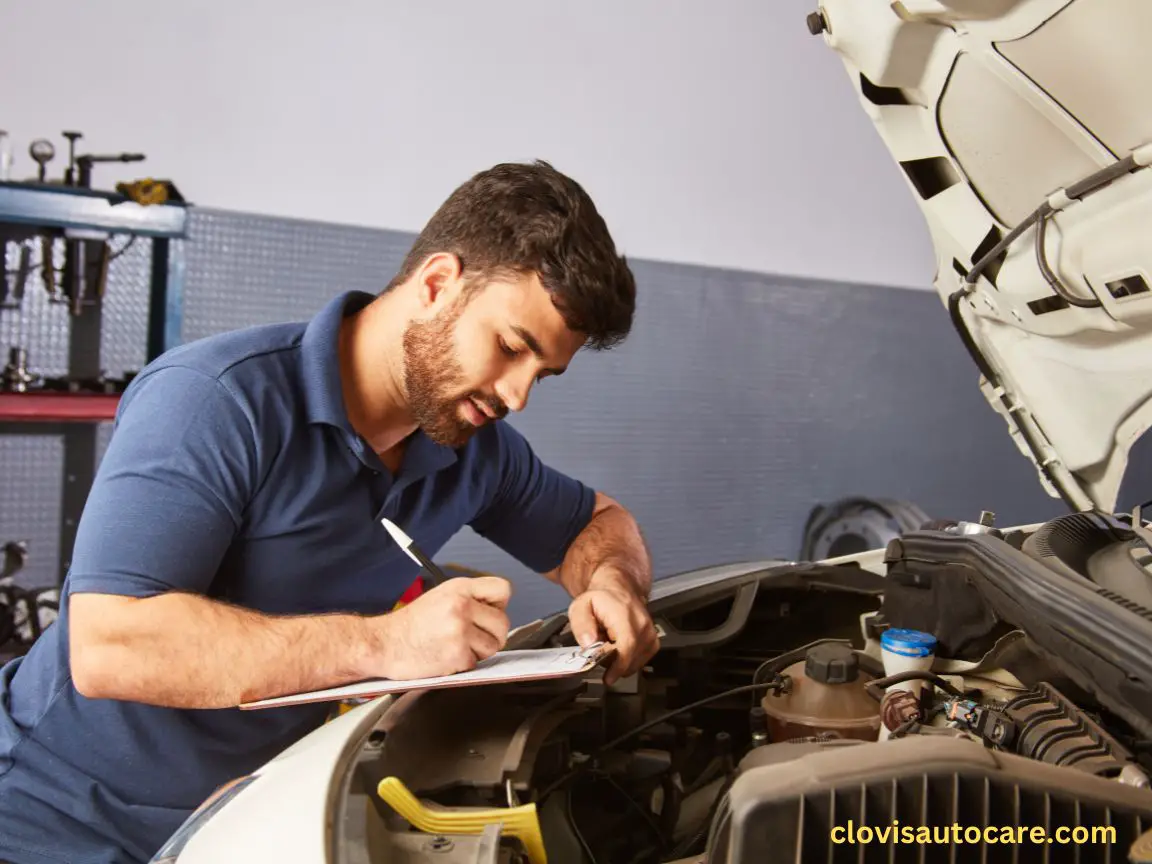
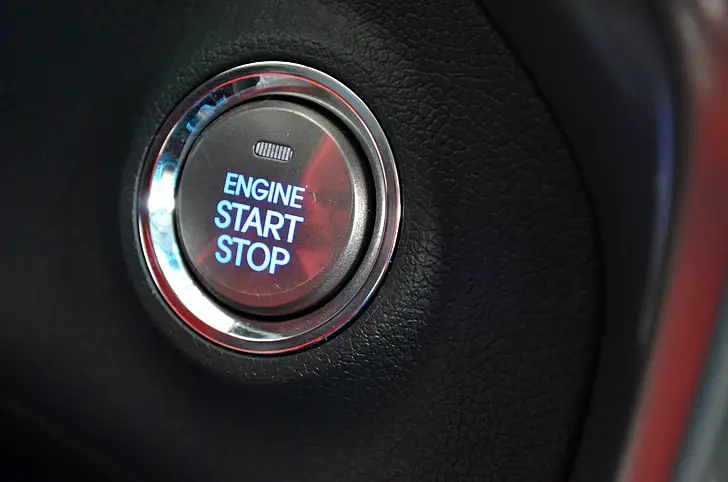
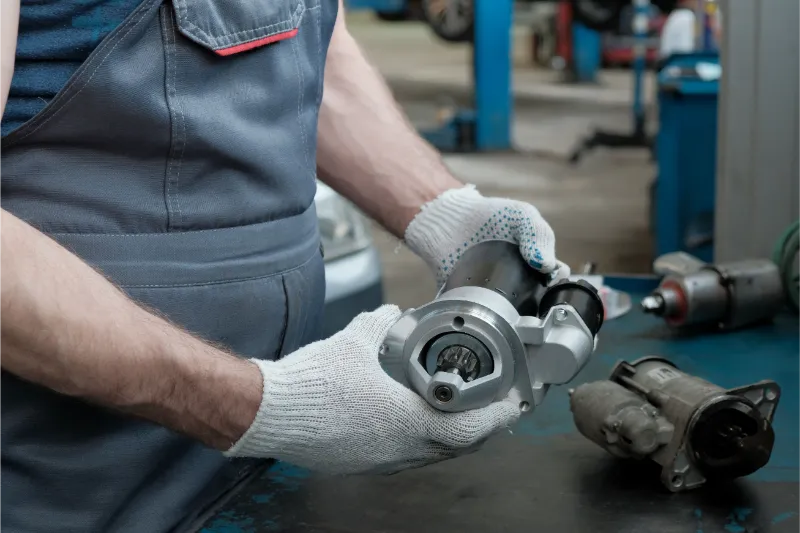
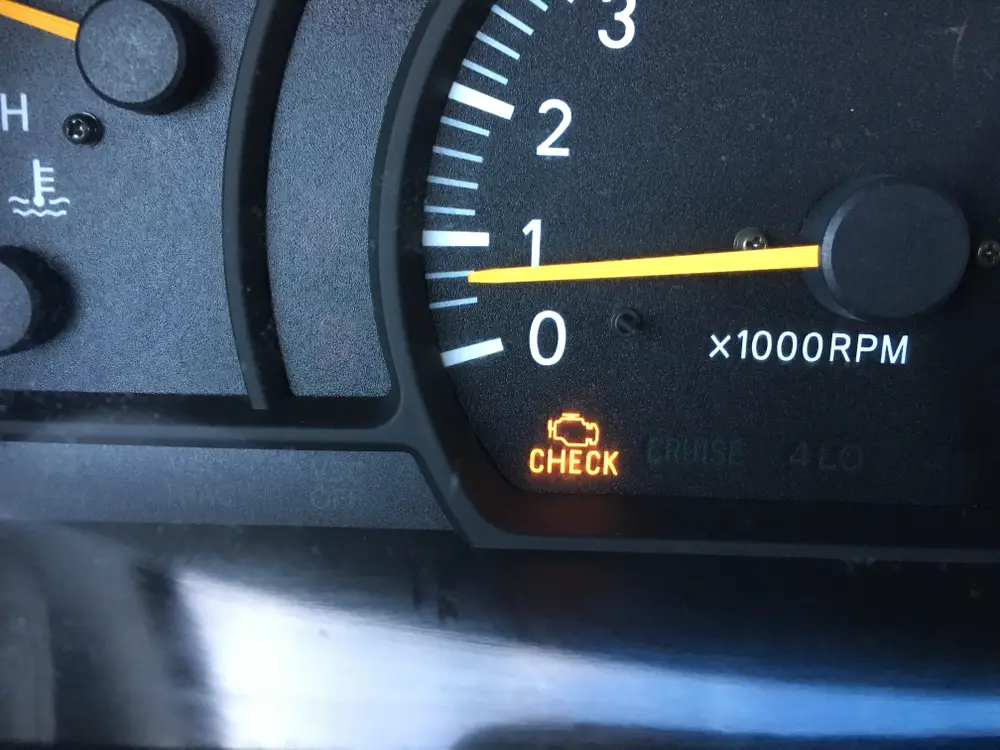
Leave a Reply